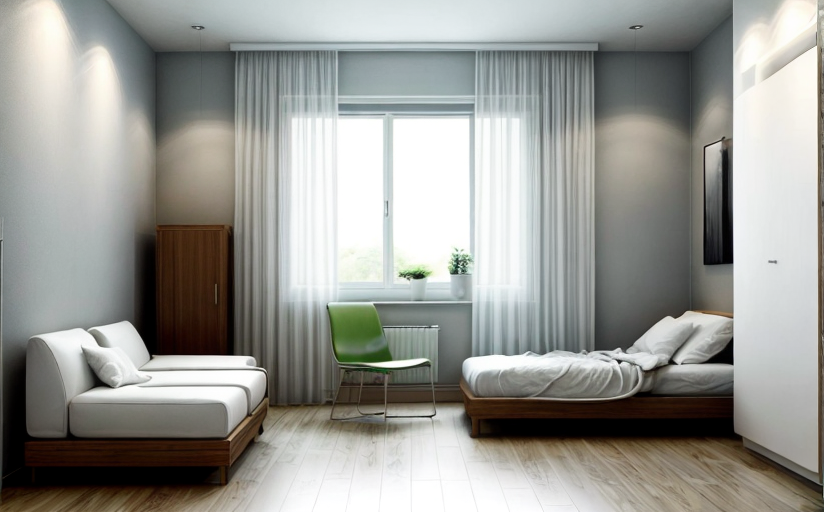The Philosophy of Minimalism: Enhancing Happiness through Simplicity
Minimalism is a lifestyle that embraces the philosophy of living with less. It is grounded in the idea of eliminating excess in favor of substance — a move that promotes clarity, purpose, and intentionality in life. As we delve deeper into this concept, it becomes evident that adopting a minimalist lifestyle can remarkably augment happiness.
Understanding Minimalism
The principle of minimalism revolves around the idea of simplifying life as much as possible by owning the least number of possessions and decluttering one's life physically, mentally, and emotionally. This practice both aligns us with our essential needs and reduces the distractions and stressors in our lives.
Psychological Impacts of a Clutter-Free Life
Scientific research substantiates that an uncluttered environment can have profound effects on mental well-being. A study published in 'Personality and Social Psychology Bulletin' found that a clutter-free living space eases stress and promotes better sleep. Furthermore, reducing physical clutter reduces mental clutter, thereby enhancing focus and peace of mind.
Real-life Examples
Renowned minimalist, Joshua Becker, gave up his possessions to live a life centered around his personal values and passions, triggering a remarkable boost in his happiness and mental well-being. Similarly, Marie Kondo, a decluttering expert, promotes the mantra of keeping only what 'sparks joy', thereby utilizing minimalism to maximize happiness.
Strategies for Adopting Minimalism
Embracing minimalism involves taking steps such as decluttering one's environment, prioritizing essential things, re-evaluating lifestyle choices, and focusing more on experiences rather than possessions. It's a gradual process, not a one-time event, involving the repeated choice of substance over excess.
The Mindset of Minimalism
Minimalism is not merely about owning fewer possessions; it’s about fostering a mindset of living freely, with less stress, fewer distractions, and reduced pressure from societal norms. It encourages a lifestyle that values quality over quantity, cherishing the joyful moments and experiences life offers.
Minimalism and the Environment
The philosophy of minimalism promotes sustainable living, contributing positively to our environment. By consuming fewer resources and creating less waste, minimalists indirectly help in minimizing our carbon footprint and preserving our environment.
By embracing the philosophy of minimalism, people can step away from the consume-and-dispose culture prevalent in nowadays society. It encourages us to re-evaluate our lifestyles and understand the profoundly liberating benefits of simplicity for increasing happiness.
Conclusion
In essence, minimalism is the art of knowing how much is just enough. As our lives become increasingly complicated, adopting the principles of minimalism serves as a lighthouse, guiding us towards an existence marked with serenity, contentment, joy, and above all, happiness.



















Comments
Leave a Comment